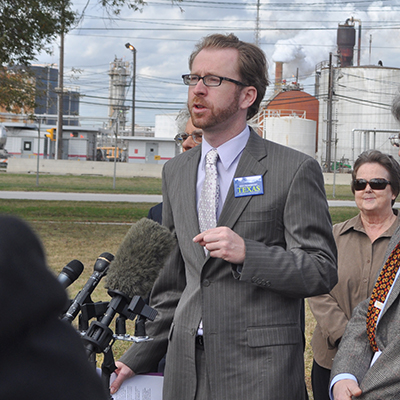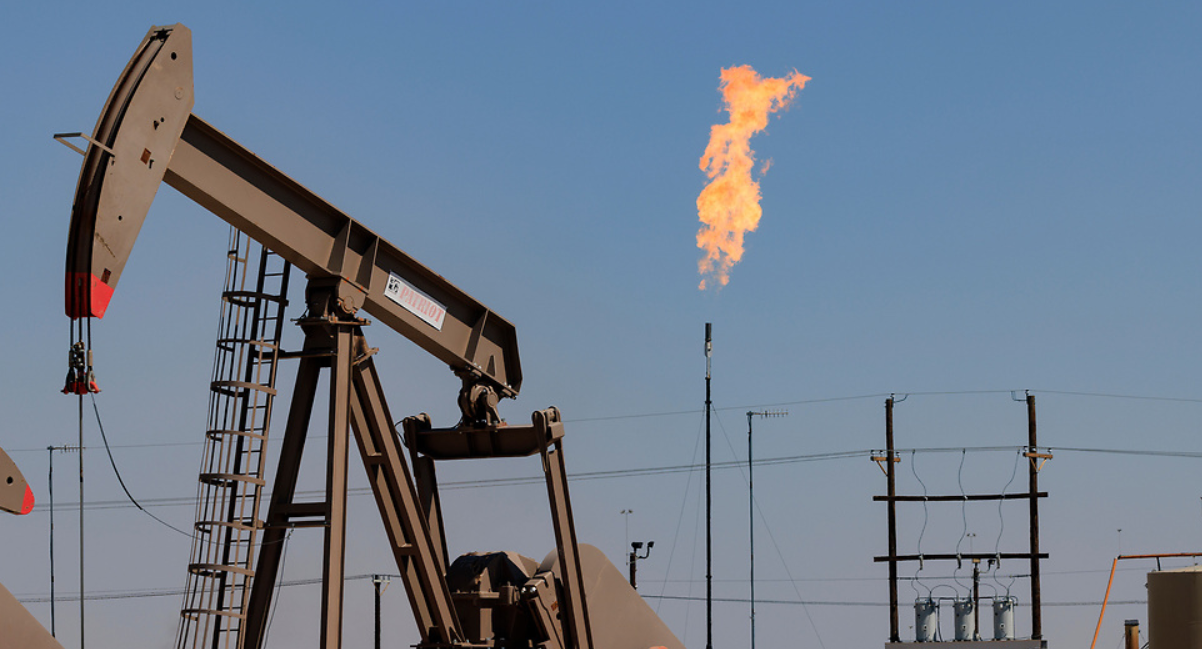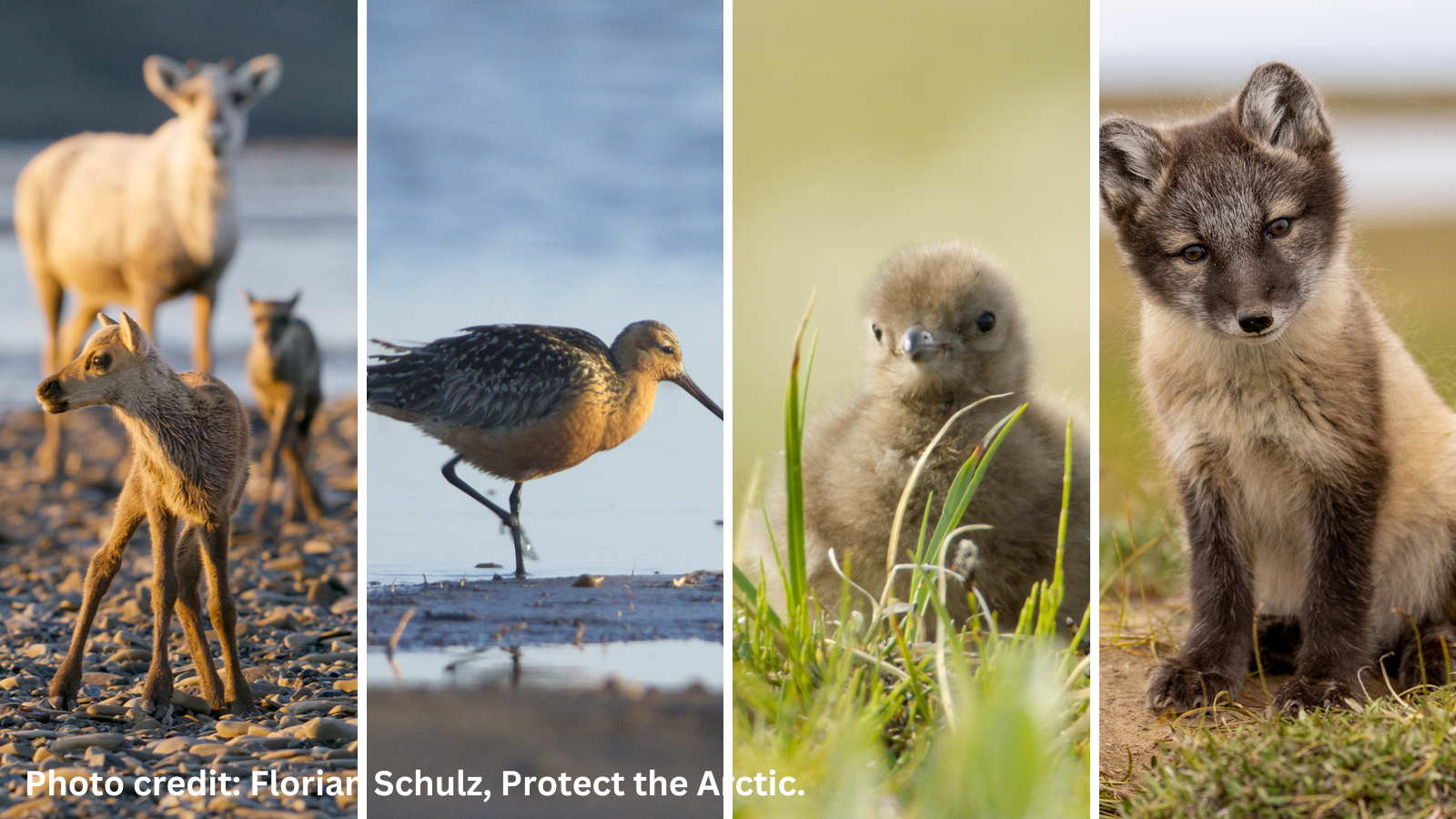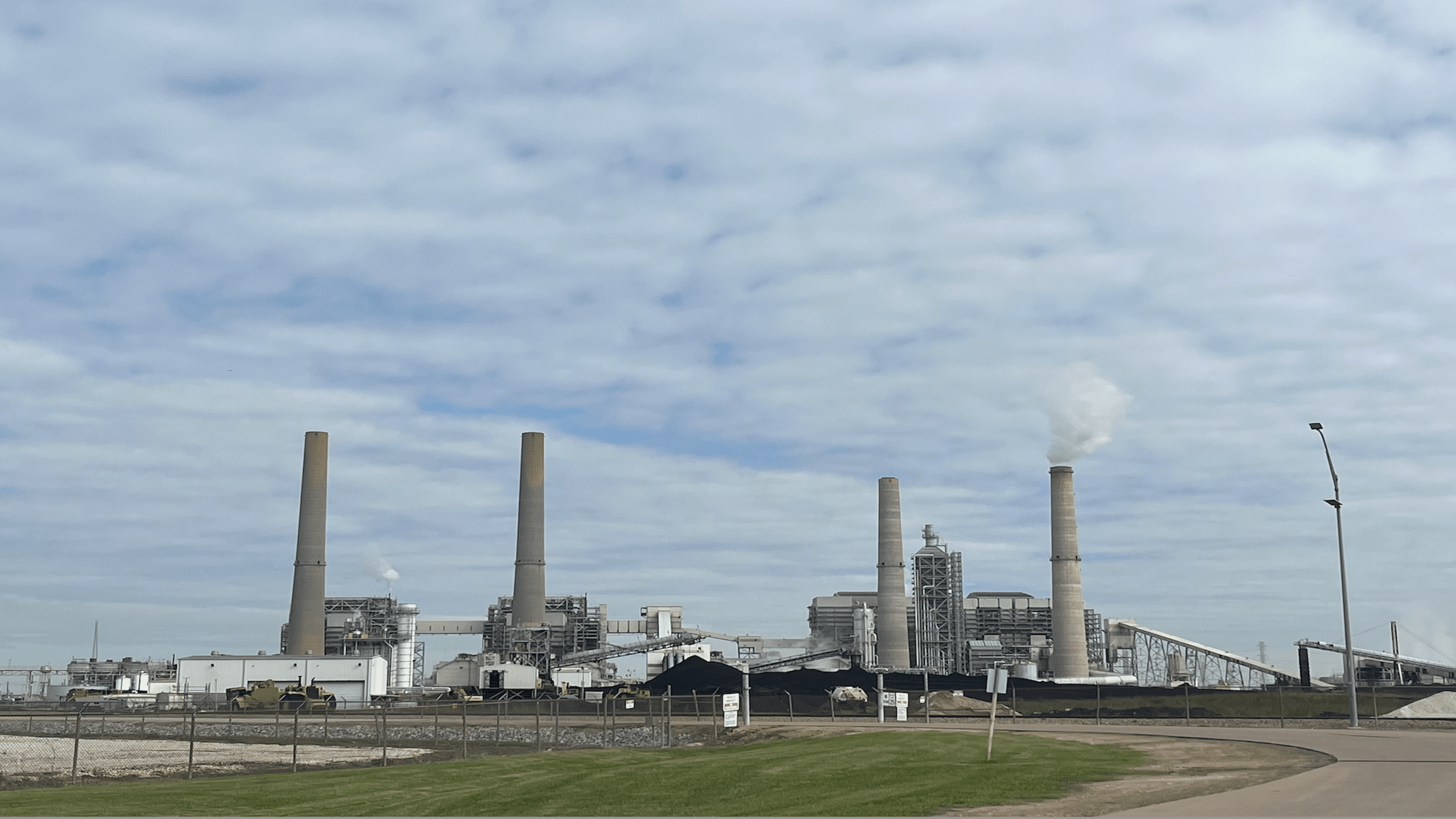
Texas regulator uses climate-denier talking points in defense of oil industry
Fact checking Railroad Commissioner Wayne Christian

Activists with Commission Shift testified yesterday before the Railroad Commission – Texas’ oil and gas regulator – beseeching the agency to do more to protect public health and the environment from the impacts of the oil and gas industry. One of the agency’s three Commissioners, Wayne Christian, responded by downplaying concerns, pointing to facts he had “googled.”
Christian has long made false statements about climate science, writing in an op-ed that “[w]e don’t know whether man-made greenhouse gases are impacting our climate in a harmful way” and saying the solution is to “turn the damn air conditioner up.”
Yesterday, he made claims often repeated by climate deniers. In reciting his evidence that concerns about oil and gas pollution are much ado about nothing, he invited the public to “correct me if I’m wrong.” Here we go.
Claim 1: Human contributions of carbon dioxide to atmosphere are insignificant
Christian’s first argument is that CO2 is only about 0.04 percent of the atmosphere with man contributing only between 3 and 6 percent. “It would make no difference, if man was gone, if we shut down everything, as far as carbon dioxide in the atmosphere,” he claimed.
USA Today did a fact check on identical claims made by an Australian talk show host, which they rated as partly false. The part that’s true is that the atmosphere is roughly 0.04% CO2. “However, in the context of climate change, the proportion of CO2 in the atmosphere is less relevant than the total amount of CO2 in the atmosphere.”
The more CO2 molecules in the atmosphere, the more heat that is trapped. And we’ve added a lot of CO2 – “more than 1 trillion metric tons of CO2 to the atmosphere through fossil fuel emissions and land use changes between 1850 and 2022, according to the 2022 Global Carbon Budget.”
Christian is also wrong that humanity is only responsible for 3-6% if the CO2. “Roughly a third, not 3%, of the CO2 currently in the atmosphere has been contributed by humans since 1850.”
And his claim that reducing emissions would “make no difference” flies in the face of decades of climate science. The Fifth National Climate Assessment, the “US Government’s preeminent report on climate change impacts, risks, and responses,” was clear that “without rapid and deep reductions in global greenhouse gas emissions from human activities, the risks of accelerating sea level rise, intensifying extreme weather, and other harmful climate impacts will continue to grow.” The report also concludes that “rapid emissions cuts are expected to have immediate health and economic benefits. At the national scale, the benefits of deep emissions cuts for current and future generations are expected to far outweigh the costs.”
Claim 2: The U.S. is the “cleanest producing nation” of oil and gas
Commissioner Christian also asserted that “U.S. oil production carbon intensity is 23% less than anywhere else on planet earth,” seemingly citing an oil industry study. However, a peer-reviewed study published in the journal Science finds that many countries, including Denmark, Saudi Arabia, Norway and China, have lower carbon intensities than the U.S. The pro-oil Mineral Rights Podcast concluded from their review of various studies “that most countries are worse than the United States and several countries are actually better when it comes to carbon emissions.”
Claim 3: “In the last 100 years, we’ve decreased environmental deaths by 98%”
This is an oft-repeated argument, one which was fact checked by Reuters. They say it is a misleading statistic, as several “mega-disasters,” between the 1920s and 1960s “with remarkably high reported death tolls contribute to the high average decadal mortalities in that period, despite the appearance of an overall decline in mortality.”
Furthermore, they note that “although deaths from these disasters have decreased, due in part to better forecasting and preparedness, the number, intensity, and cost of climatic and meteorological hazards have all increased over the last hundred years.”
But is humanity better off than we were 100 years ago? Of course. But our prosperity is at risk as pollution undermines the conditions – a livable planet – which make that prosperity possible.
The bottom line
Commissioner Christian’s “facts” were misleading or downright false. The science is clear that the combustion of fossil fuels is heating up our planet with potentially catastrophic consequences and it’s critical that we drastically cut the pollution. The EPA’s new methane rules requiring oil companies to reduce their methane pollution are an important step towards maintaining a livable climate. It’s a commitment many oil companies and countries around the world have already made, and it’s one Texans support. Unfortunately, the Railroad Commission continues to put oil industry interests ahead of public health, the environment, and, it seems, even basic science.
Topics
Authors
Luke Metzger
Executive Director, Environment Texas Research & Policy Center
As the director of Environment Texas, Luke is a leading voice in the state for clean air, clean water, clean energy and open space. Luke has led successful campaigns to win permanent protection for the Christmas Mountains of Big Bend; to compel Exxon, Shell and Chevron Phillips to cut air pollution at three Texas refineries and chemical plants; and to boost funding for water conservation and state parks. The San Antonio Current has called Luke "long one of the most energetic and dedicated defenders of environmental issues in the state." He has been named one of the "Top Lobbyists for Causes" by Capitol Inside, received the President's Award from the Texas Recreation and Parks Society for his work to protect Texas parks, and was chosen for the inaugural class of "Next Generation Fellows" by the Robert S. Strauss Center for International Security and Law at UT Austin. Luke, his wife, son and daughter are working to visit every state park in Texas.
Find Out More

Why Alaska’s NPR-A, site of the Willow Project, deserves protection

The origins of the world’s dirtiest oil field

New study: Coal power plants contributed to 27,000 ‘excess deaths’ of Texans from 1999-2020

